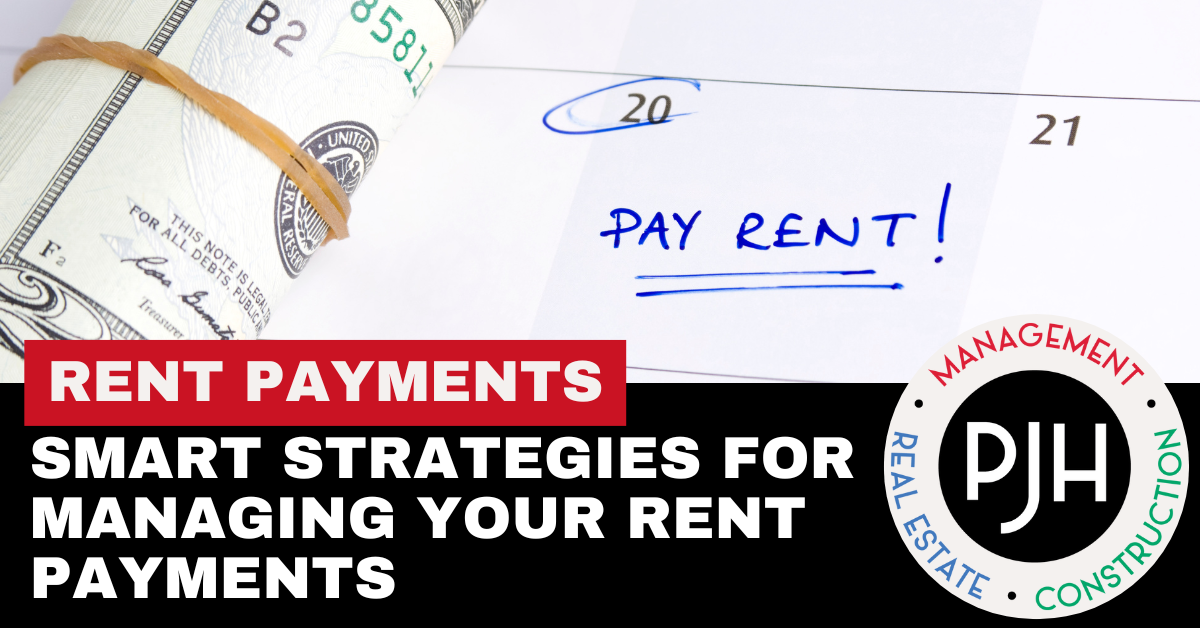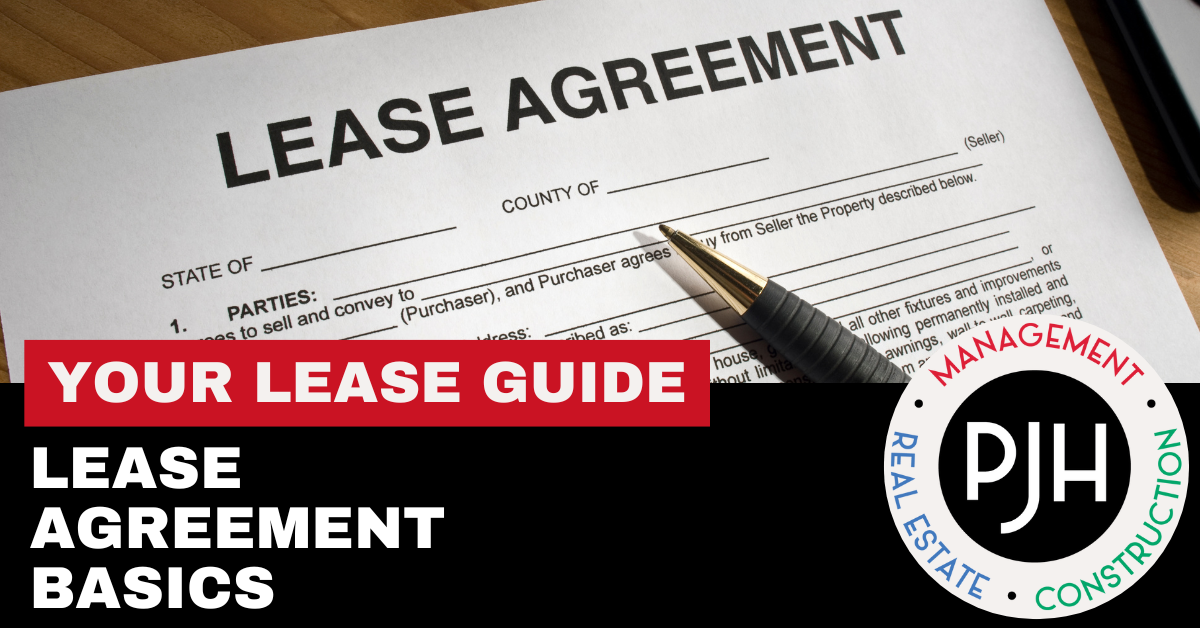Managing your rent payments effectively is crucial for maintaining your financial health and ensuring a positive rental experience. Here are some practical tips and strategies to help you stay on top of your rent payments, along with resources for financial assistance if needed.
Budgeting for Rent
- Create a Monthly Budget: Start by listing all your income sources and monthly expenses, including rent, utilities, groceries, transportation, and entertainment. Ensure that your rent is prioritized in your budget.
- 50/30/20 Rule: Allocate 50% of your income to needs (rent, utilities, groceries), 30% to wants (dining out, hobbies), and 20% to savings and debt repayment. Adjust these percentages based on your financial situation.
- Track Your Spending: Use budgeting apps or spreadsheets to track your expenses and ensure you stay within your budget.
Ensuring Timely Payments
- Set Up Reminders: Use calendar alerts or budgeting apps to remind you of upcoming rent due dates.
- Automatic Payments: If your landlord or property management company offers it, set up automatic payments from your bank account to ensure your rent is always paid on time.
- Grace Periods: Understand if your lease includes a grace period for late payments and any associated late fees to avoid unnecessary charges.
Options for Paying Rent Electronically
- Online Portals: Many property management companies offer online payment portals where you can pay rent electronically using a bank transfer, debit, or credit card.
- Direct Bank Transfers: Set up direct transfers from your bank account to your landlord’s account for added convenience and security.
Planning for Financial Emergencies
- Emergency Fund: Build an emergency fund with at least three to six months’ worth of living expenses to cover unexpected financial setbacks.
- Rent Payment Assistance Programs: Explore local resources for rent payment assistance, such as community organizations, non-profits, and government programs that offer financial aid for renters in need.
- Communication: If you anticipate difficulty paying rent on time, communicate with your landlord or property management early to discuss possible arrangements or extensions.
Resources for Financial Assistance
- Local Charities and Non-Profits: Organizations like the Salvation Army, Catholic Charities, and United Way often provide rental assistance.
- Government Programs: Look into federal, state, and local programs such as the Emergency Rental Assistance Program (ERAP) for financial help.
- Community Action Agencies: These agencies offer various forms of assistance, including help with rent, utilities, and other basic needs.
Building Good Financial Habits
- Consistent Savings: Regularly set aside a portion of your income for rent and other fixed expenses.
- Reduce Unnecessary Expenses: Identify areas where you can cut back, such as dining out or subscription services, to free up more funds for essential payments.
By implementing these strategies, you can ensure that your rent is paid on time every month, helping you maintain a good rental history and avoid financial stress. If you have any questions or need further assistance, please don’t hesitate to contact us.




